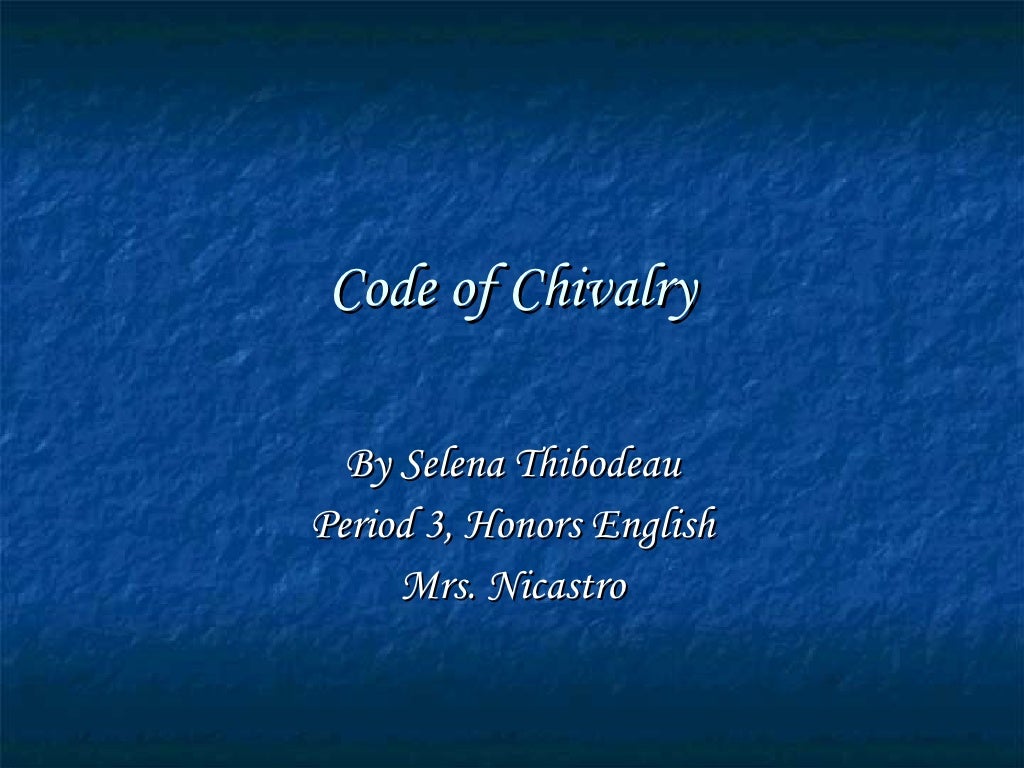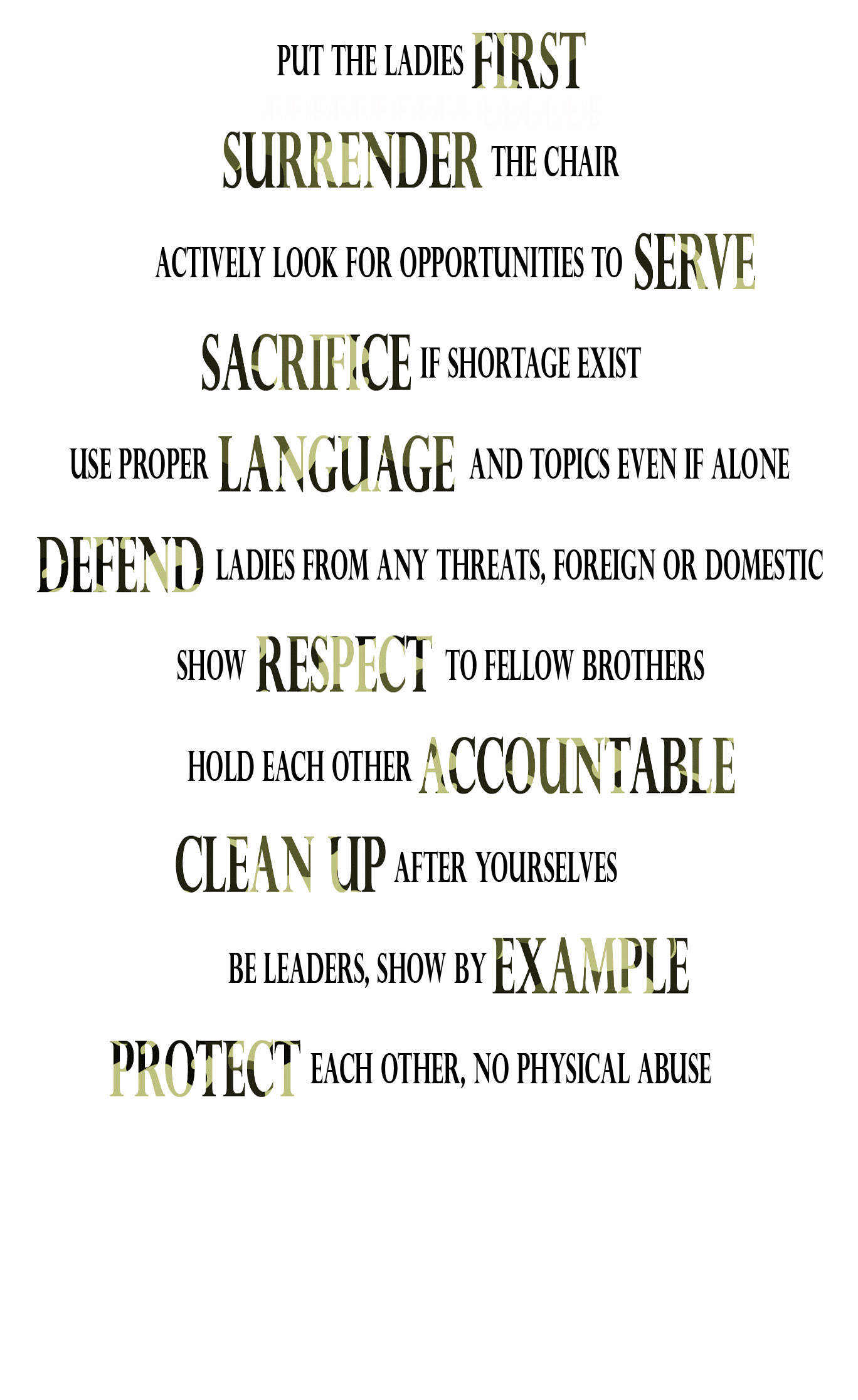

Roland, then, is far from a perfect figure, and his prideful actions have consequences. A little later, when Oliver rebukes his friend’s pride, Roland repeats, “Speak no such foul despite! / Curst be the breast whose heart knows cowardice!” This situation ends up setting the scene for Roland’s death (and Oliver’s, too). Roland refuses: “‘Now God forbid’, Roland makes answer wroth, / That living man should say he saw me go / Blowing of horns for any Paynim foe!” In other words, Roland won’t concede that he needs help against mere pagans-such a concession cuts against his sense of honor. When Roland and his best friend, Oliver, find themselves beset by the enemy at the rear of Charlemayn’s army, Oliver urges Roland to blow the “Olifant” (his ivory horn) in order to summon help from those at the front. By portraying Roland as a flawed yet unfailingly loyal and beloved figure, the poet suggests that although a chivalrous knight may be susceptible to rashness and pride, his character is most truly revealed by his loyalty unto death.Īlthough Roland is brave, as a chivalrous man should be, his bravery crosses the line into rashness at times. On the other hand, Roland is unendingly loyal to his friends, protective of his honor, and finally sacrifices his own life for his cause (defending himself and his men against an ambush by the Spanish Muslims) during the Battle of Roncevaux Pass. When, early in the poem, Charlemayn and the French are cautious about the intentions of King Marsile (who has recently killed some Frenchmen and now makes peaceful overtures to Charlemayn), Roland “fiercely disagrees” and jumps to his feet, declaring that “Foolish advice gave to you indeed Spend all your life, if need be, in the siege.” Through pride, Roland also makes a fateful mistake during battle against King Marsile’s troops, endangering his comrades’ lives. For example, Roland is characterized as hotheaded from the beginning. It does not store any personal data.Though Charlemayn’s nephew Roland is the unambiguous hero of The Song of Roland, Roland is not a one-dimensional character-unlike Charlemayn, he is flawed. The cookie is set by the GDPR Cookie Consent plugin and is used to store whether or not user has consented to the use of cookies. The cookie is used to store the user consent for the cookies in the category "Performance". This cookie is set by GDPR Cookie Consent plugin. The cookie is used to store the user consent for the cookies in the category "Other. The cookies is used to store the user consent for the cookies in the category "Necessary". The cookie is set by GDPR cookie consent to record the user consent for the cookies in the category "Functional". The cookie is used to store the user consent for the cookies in the category "Analytics".

These cookies ensure basic functionalities and security features of the website, anonymously. Necessary cookies are absolutely essential for the website to function properly. Their powerful ideas and values shaped the course of Castilian history in the crucial years before the unification of the Spanish kingdoms.
#SPANISH CHIVALRY CODE CODE#
The author argues that chivalry was far from being a code of good behaviour, scrupulously observed, but rather encouraged knights to avenge themselves violently upon their neighbours, pursue a zealous holy war against Islam, and tear at the social fabric of Castilian society. This book explores the roots of the disorder that plagued Castile in the fourteenth and fifteenth centuries, identifying the ideology of chivalry and its knightly practitioners as the chief instigators of the violence thatdestabilized the kingdom. The chaos that marked this period of Castilian history was not mere chance, but the result of key historical developments which have not been fully examined in Anglophone scholarship. The Kingdom of Castile in the late Middle Ages suffered from regular civil strife, warfare, dynastic contests, and violence, such that only a century before the birth of the Spanish Empire, it is difficult to imagine a successfulworld empire centered in this tumultuous realm.

#SPANISH CHIVALRY CODE FULL#
First full investigation in English into the role played by chivalric ideology, and its violent results, in late medieval Castile.


 0 kommentar(er)
0 kommentar(er)
